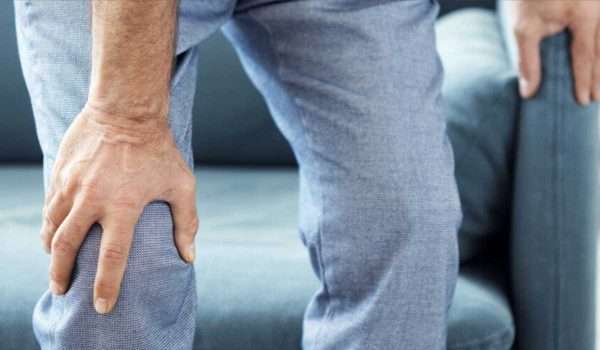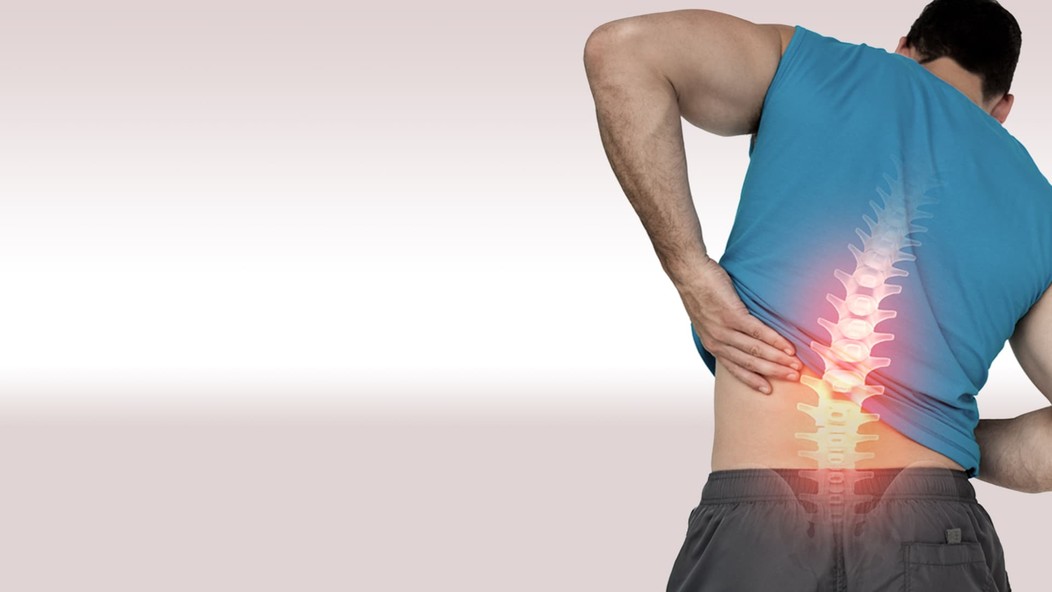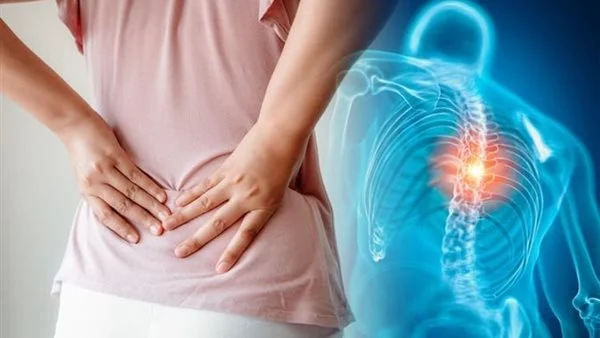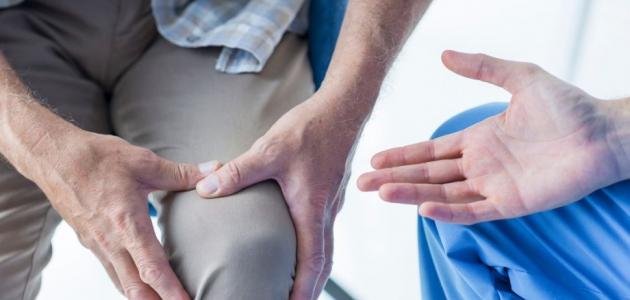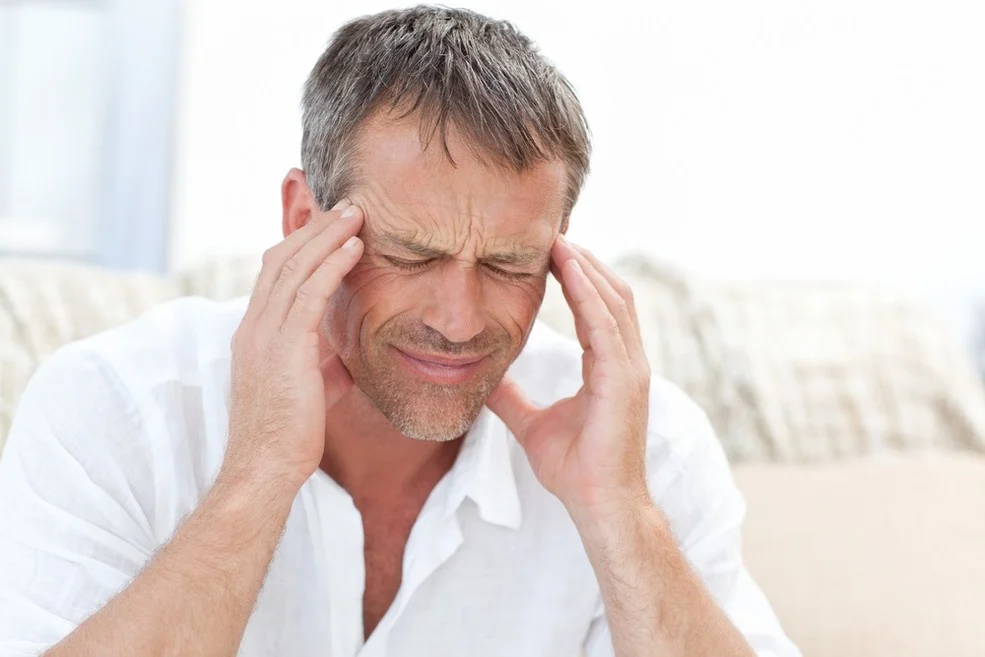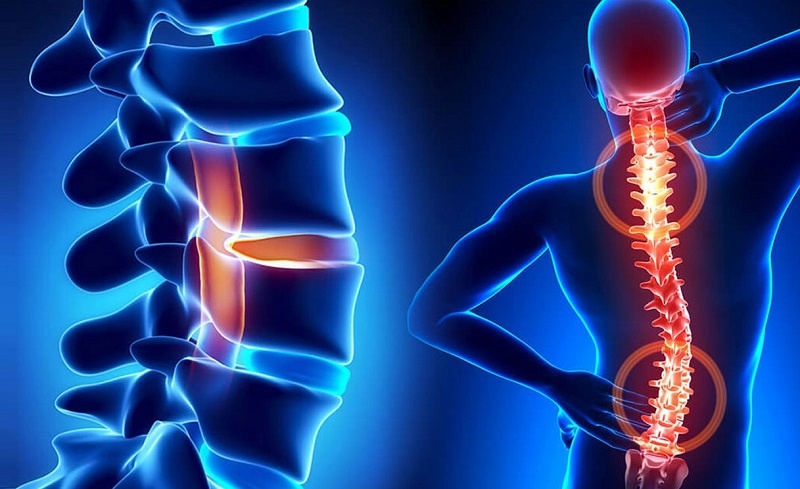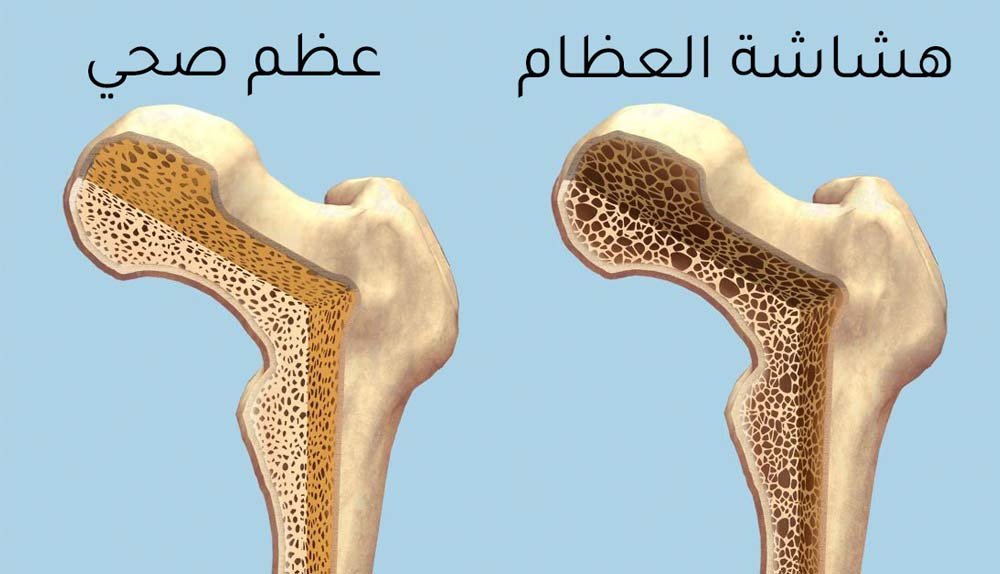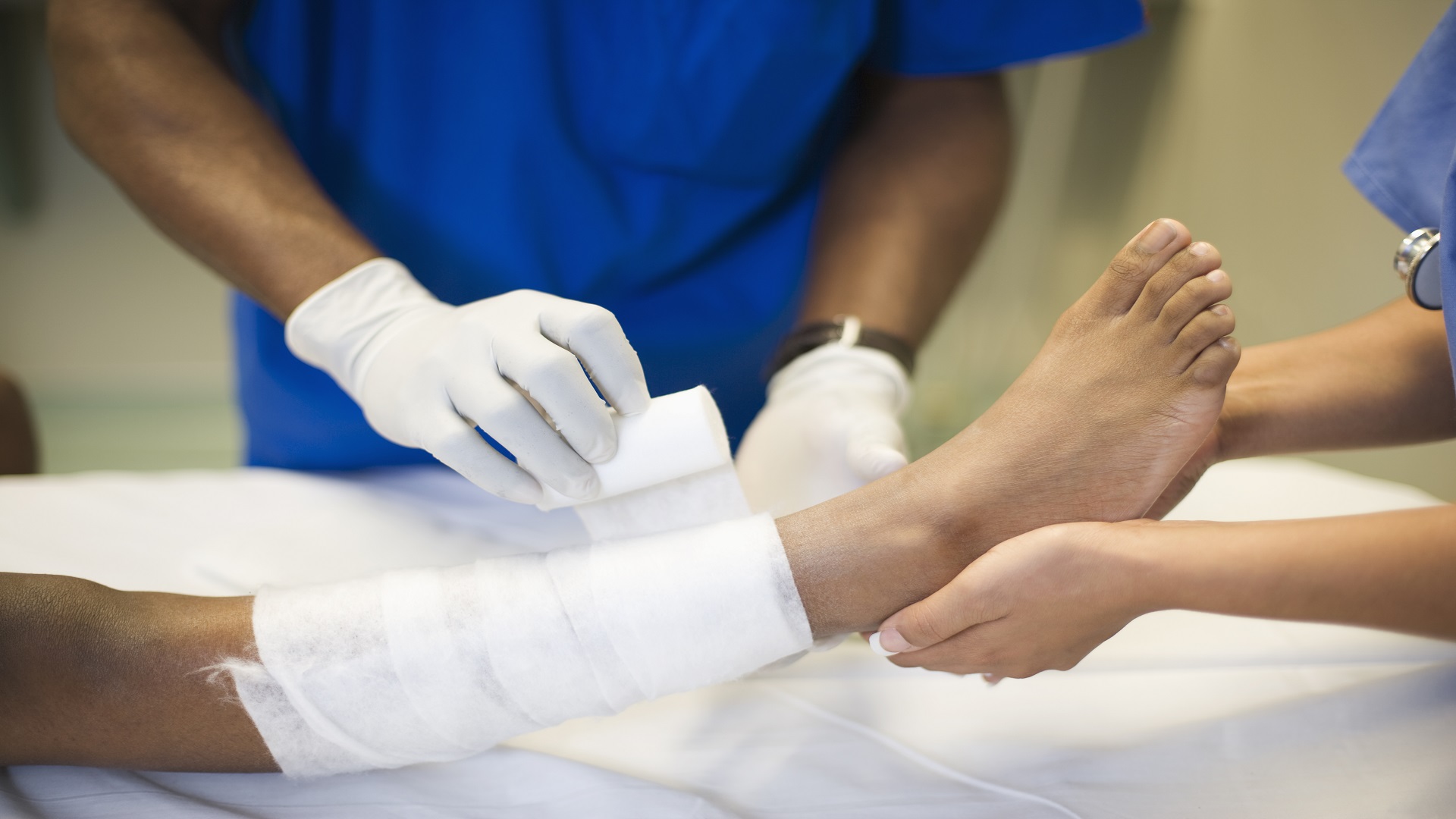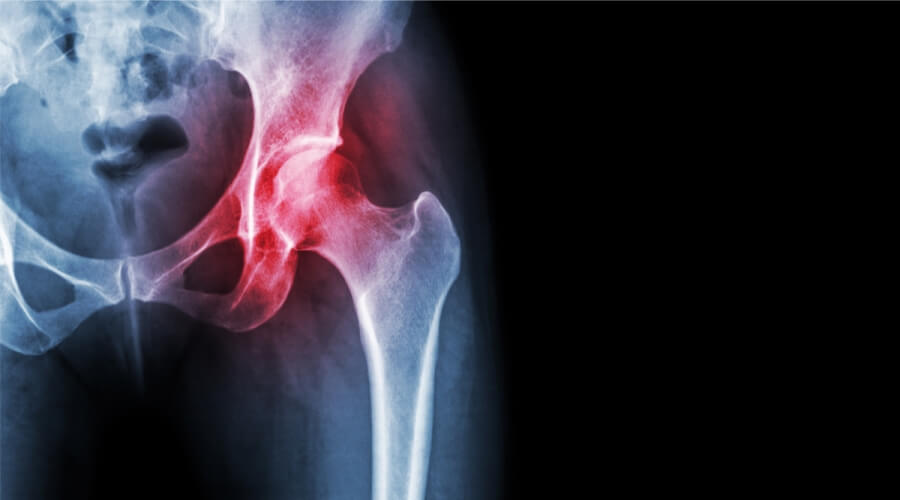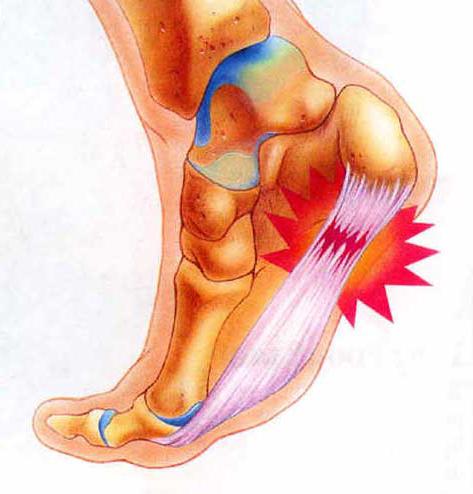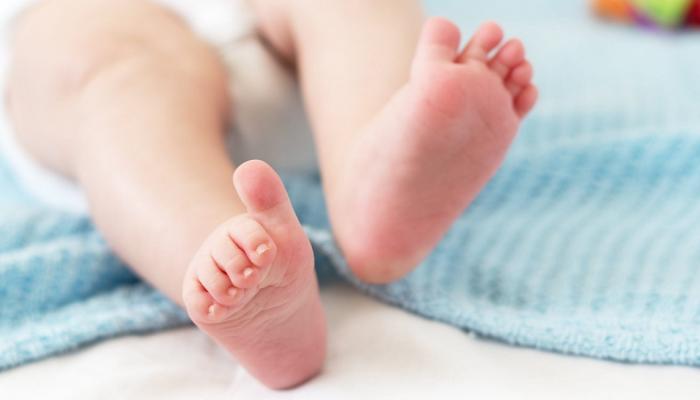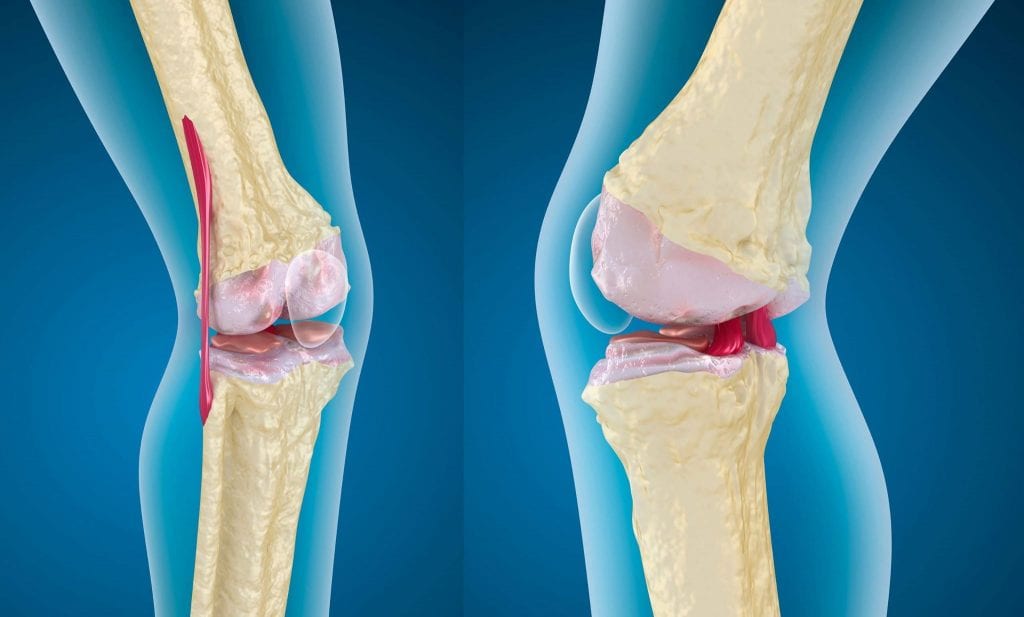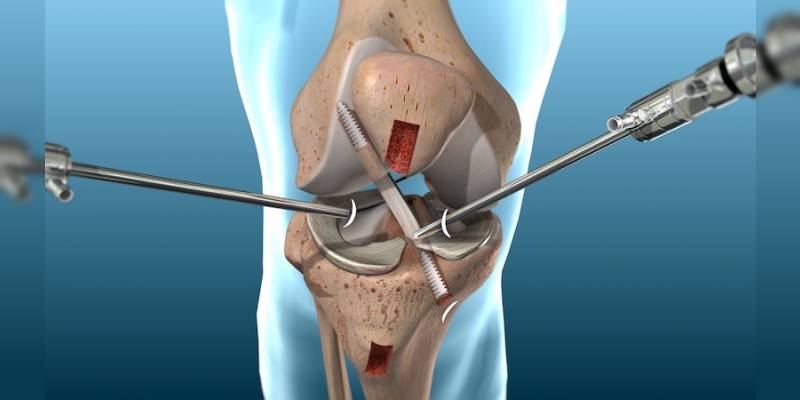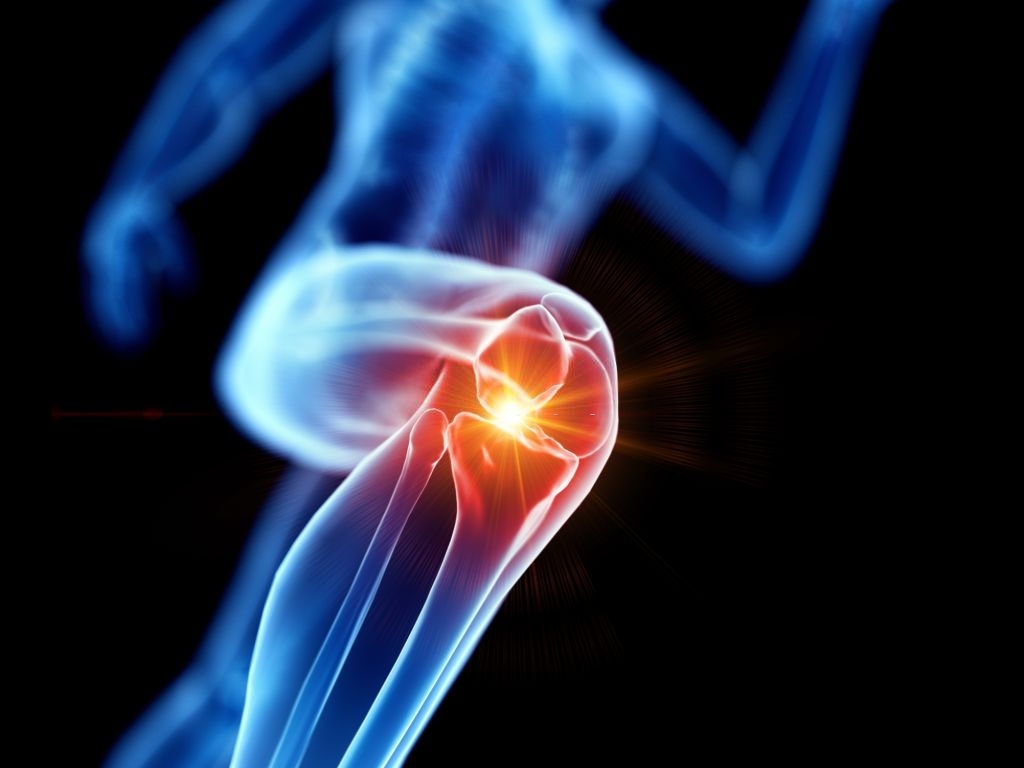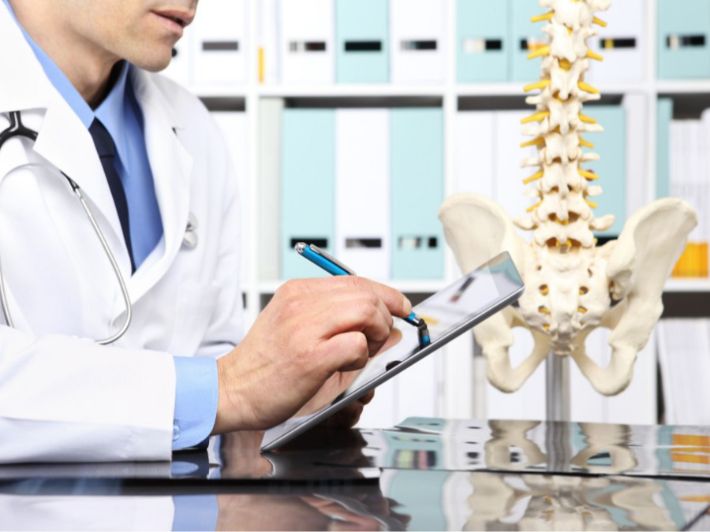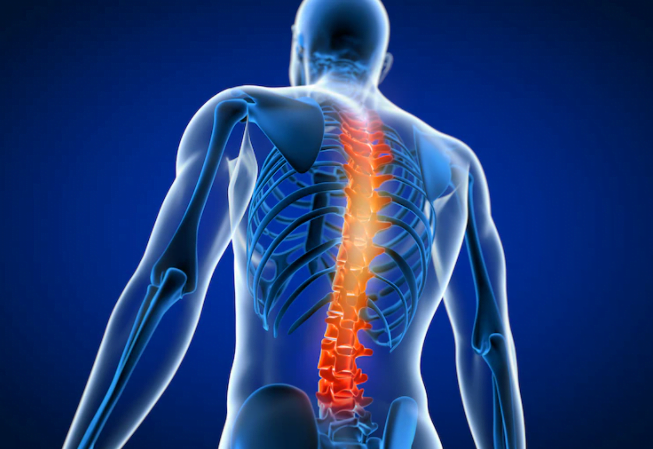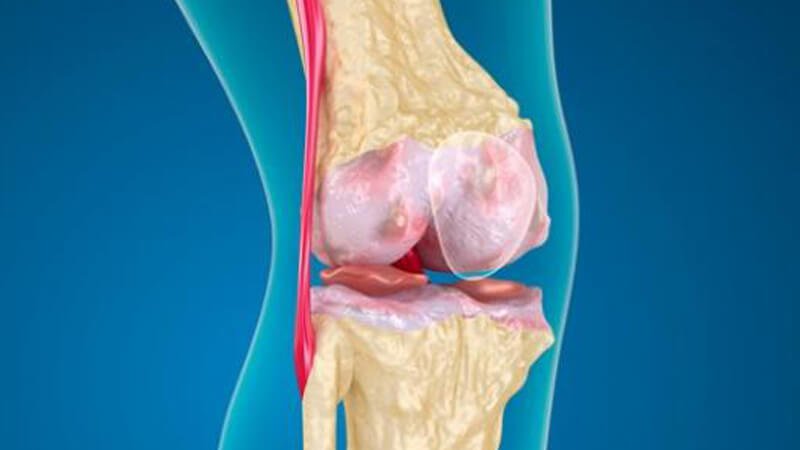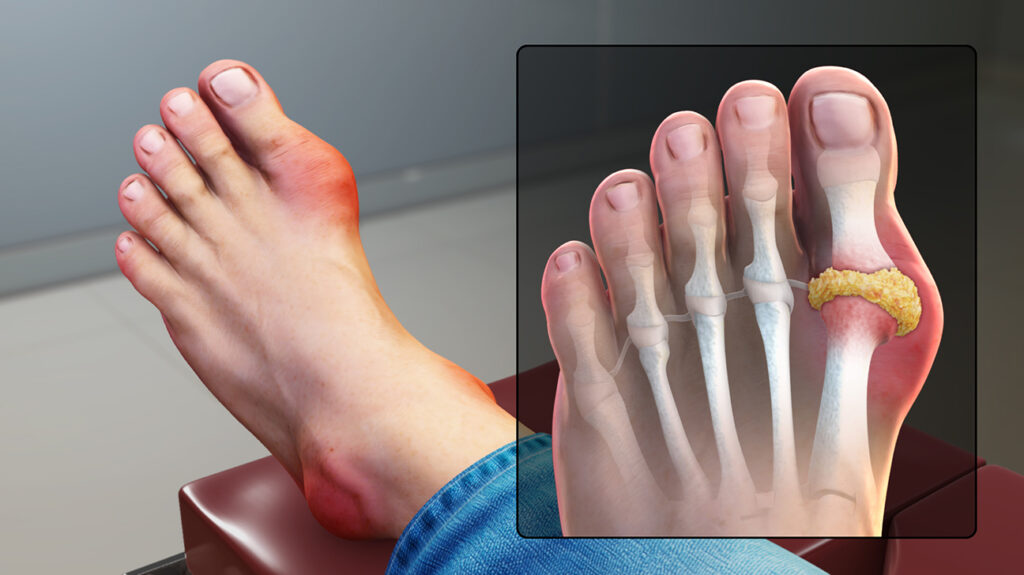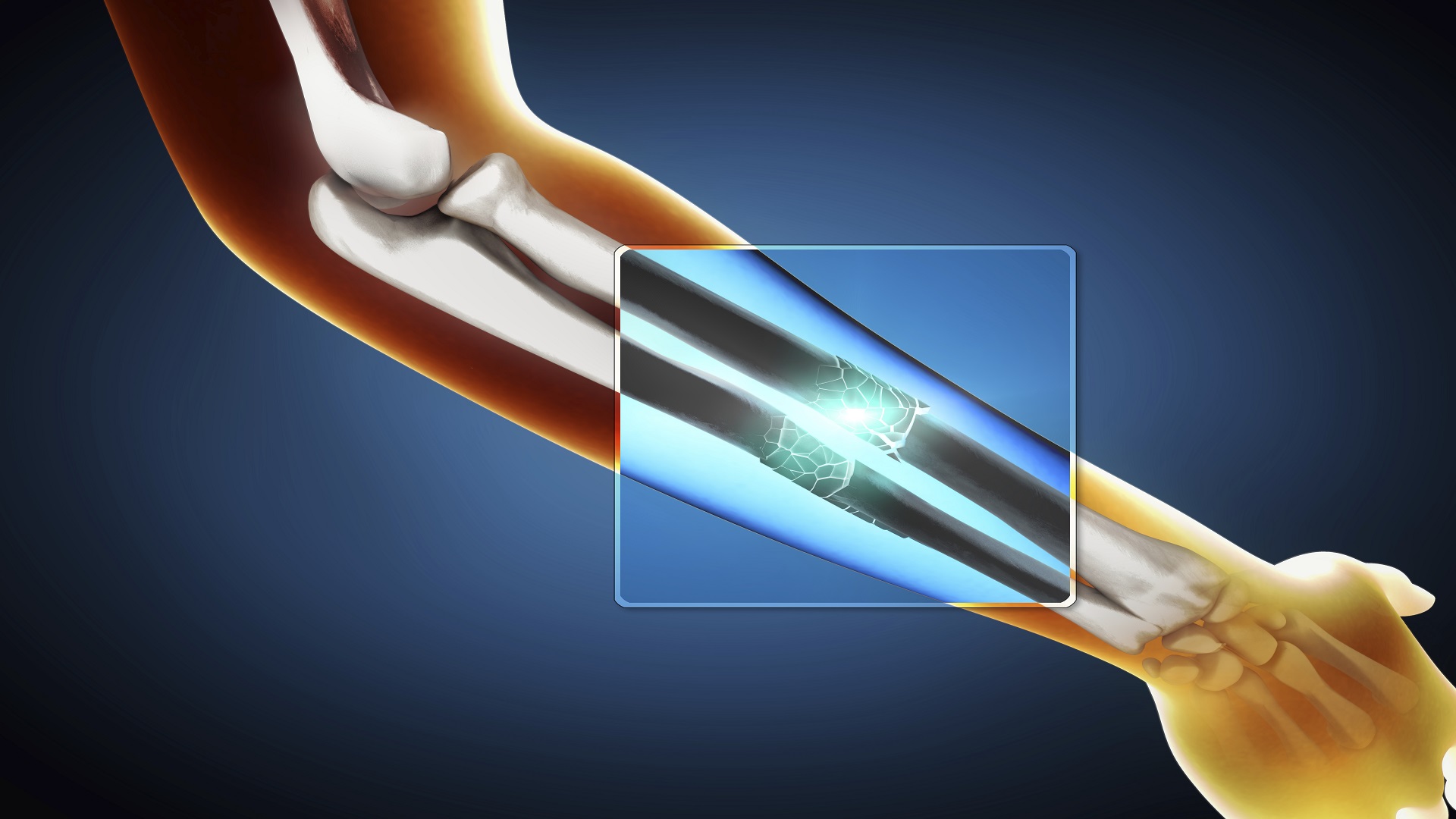?Price of Bone Density Measurement in Egypt and What is the Normal Range
Cost of Bone Density Test in Egypt, through this simple article, we will take a general look at the cost of bone density testing in Egypt, how to access these services, as well as the importance of bone density testing in maintaining bone health and preventing related diseases.
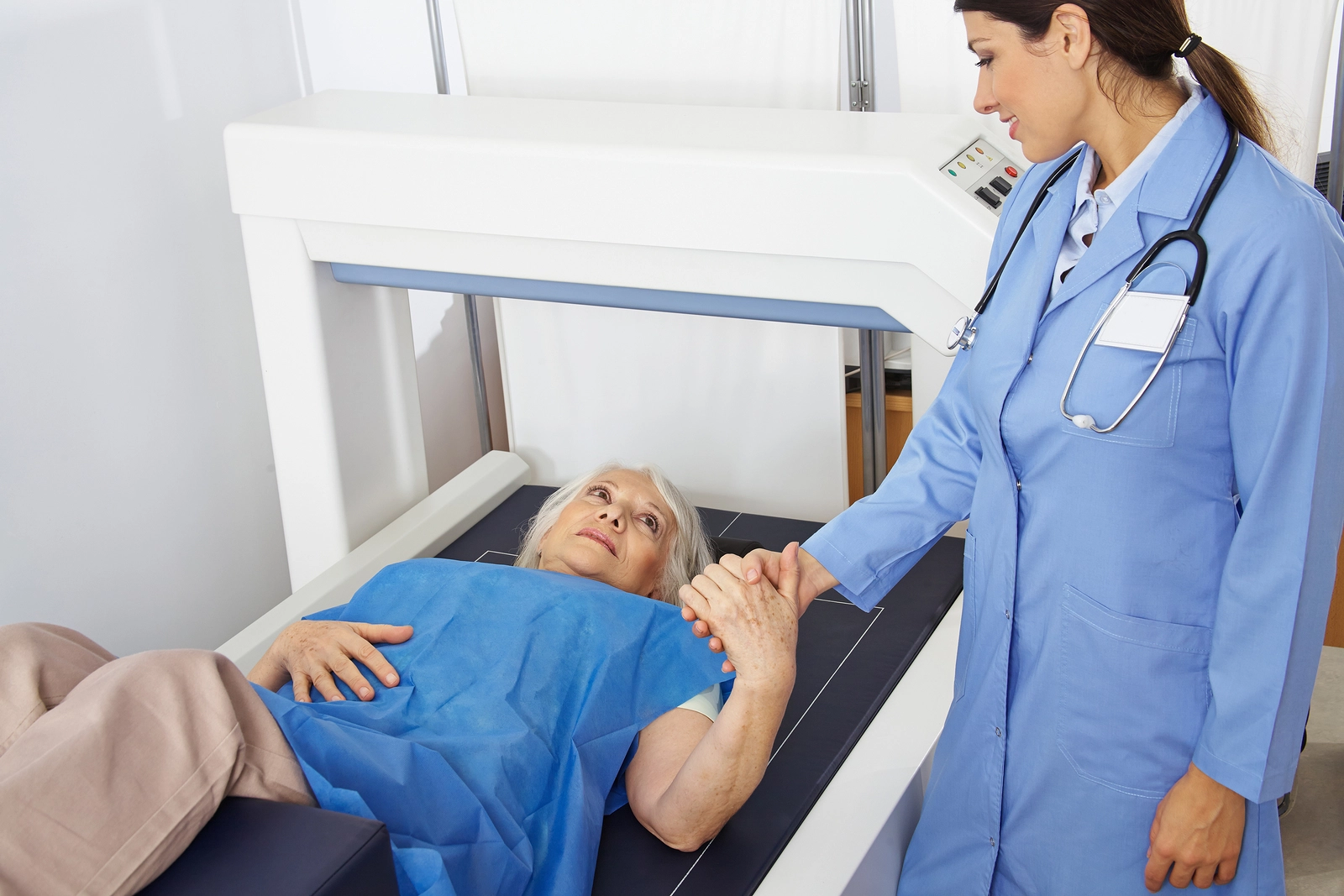
Cost of Bone Density Test in Egypt
Measuring bone density is important for diagnosing and monitoring osteoporosis, especially for women after menopause, and the AL HAYAH Scan device is commonly used for this purpose. The cost of bone density testing varies depending on the technology of the device used.
Usually, the cost of bone density testing ranges between 300 EGP and more, and the test results are presented using T-scores, which reflect the person’s bone health and density compared to a healthy 30-year-old adult. Bone density measurement is an important test that can be performed to detect osteoporosis early and confirm suspicions before any fractures occur.
Dr. Amr Amal presents you with the latest bone density measurement technologies in Egypt in a safe and effective manner.
What is the test that reveals osteoporosis?
Osteoporosis is diagnosed through an analysis known as bone density analysis. Bone density is measured using a device that uses low levels of X-rays to determine the mineral content in the bones. The results of this analysis are determined by a value called the T-score, which measures the degree of bone density compared to that of healthy young adults. The results indicate the following:
- Normal result: If it is above -1.
- Low bone density: If it is between -2.5 and -1.
- Osteoporosis: If it is less than -2.5.
This analysis is non-painful, and the patient is asked to sit on a chair while the X-rays are directed to a specific area of the bones. The results of this analysis can be used to determine the risk of bone fractures, diagnose osteoporosis, and monitor its treatment.
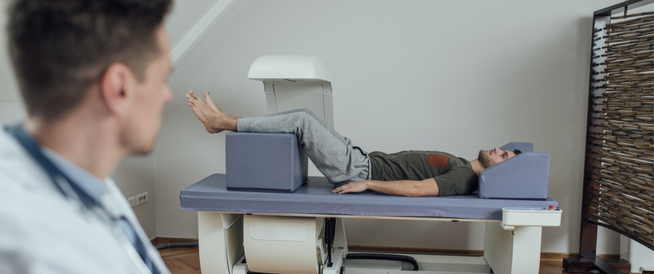
What is the normal range for bone density?
The normal values for bone density vary from person to person based on age, gender, race, genetics, and other factors. However, the normal range for bone density in healthy adults is generally within a certain range, which can be summarized as follows:
- T-score: The T-score is used to estimate bone density compared to young healthy individuals. A T-score less than -1 indicates low bone density (osteopenia), while a score of -1 or higher is considered normal.
- Z-score: The Z-score is used to estimate bone density compared to individuals of the same age, gender, and population group. A Z-score less than -2 indicates low bone density, which is often associated with causes other than osteoporosis.
Try the advanced bone density measurement services in Egypt today with Dr. Amr Amal to achieve amazing results.
How can you increase bone density?
Maintaining bone density is important in protecting against osteoporosis and reducing the risk of fractures. There are several ways to increase and strengthen bone density:
- Consuming calcium-rich foods: Calcium is one of the essential elements for building strong bones. You can increase your intake of calcium-rich foods such as dairy products, cheese, and yogurt, as well as seafood like salmon and sardines, and plant-based foods like broccoli and spinach.
- Engaging in regular exercise: Practicing moderate and appropriate physical exercise, such as weight-bearing and resistance exercises, like weightlifting or brisk walking, can stimulate the formation of new bones and enhance bone density.
- Getting enough vitamin D: Vitamin D helps with the absorption of calcium and promotes bone health. You can obtain vitamin D from regular exposure to sunlight, as well as from foods like fatty fish and eggs.
- Limiting alcohol consumption and smoking: Excessive alcohol consumption and smoking can weaken bone density and increase the risk of osteoporosis.
- Getting adequate rest and sleep: Good sleep and sufficient rest are important factors for maintaining bone health. Striving for good sleep and reducing psychological stress can also contribute to maintaining bone density.
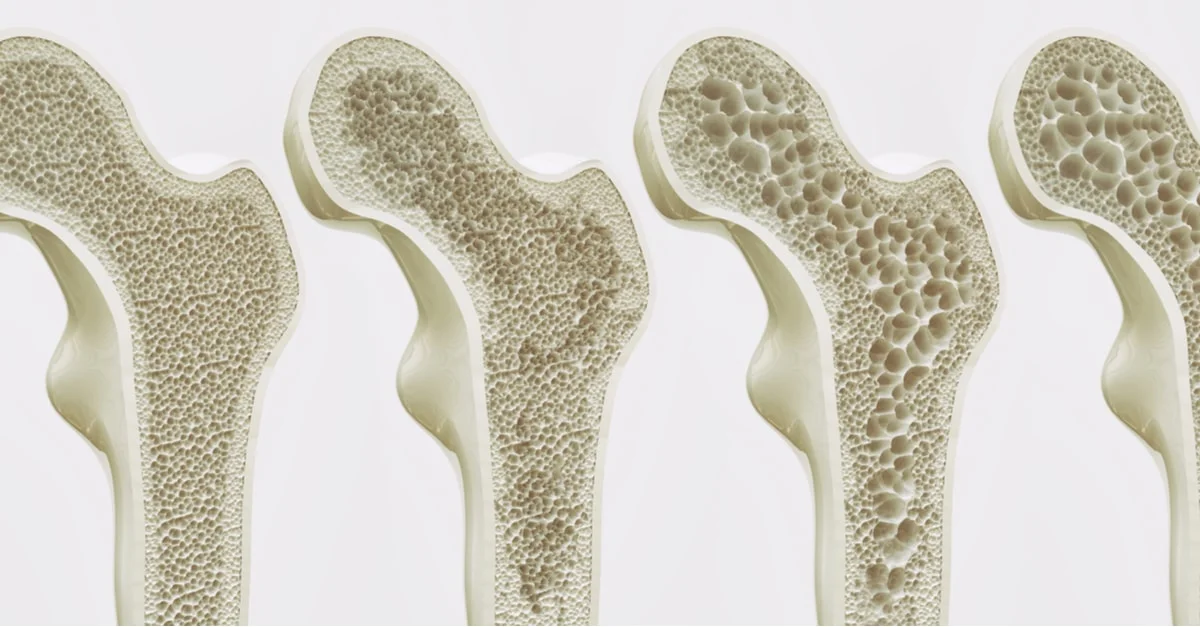
How to Perform a Bone Density Scan
- Preparing for the Scan:
- Before starting the bone density scan, make sure to inform your doctor about any medications you are currently taking, as they may need to adjust the medication dosages prior to the scan.
- Wear comfortable clothing that is not obstructive to X-rays, and avoid using any jewelry or metal accessories.
- Sitting or Lying on the Scanner Table:
- When you arrive at the testing facility, the healthcare team will ask you to sit or lie down on a padded table.
- You should be comfortable and remain still during the scan to allow the machine to capture the necessary images.
- Passing the Scanner over Your Body:
- The technician will activate the scanner and gently move it over the targeted areas, such as the spine and hips.
- The scanner aims to send two beams of X-rays, one high and one low, to measure the amount of energy absorbed by the bones.
- Evaluating the Scan Results:
- After the scan is completed, your bone density will be calculated, and the results will be analyzed.
- You may be directed to see a specialist physician to interpret the results and recommend the next steps if there are any potential issues with your bone density.
Groups at Risk for Osteoporosis
- Females after menopause: Women after menopause are at a higher risk of developing osteoporosis, which is attributed to the decline in estrogen levels with age. Estrogen plays an important role in protecting and maintaining bone density.
- Older adults: Bone becomes more fragile with advancing age due to the natural changes in bone tissue and age-related calcium deficiency. Therefore, older adults need to take additional precautions to maintain and strengthen their bone health.
- Individuals with a genetic predisposition: Genetics may play a role in increasing the risk of developing osteoporosis. If you have family members with osteoporosis, you may also be at a higher risk, and it is advisable to consult a doctor to assess your risk and take appropriate measures.
- Individuals with vitamin D deficiency: Vitamin D is crucial for calcium absorption and bone strengthening. If your vitamin D levels are low, you may be at a greater risk of developing osteoporosis, and some individuals may need to take vitamin D supplements to compensate for the deficiency.
- Patients with thyroid disorders: Certain thyroid conditions can affect the process of bone formation, and they may increase the risk of osteoporosis. An example is hyperthyroidism (overactive thyroid), which can lead to bone loss.
To reduce the risk of developing osteoporosis, individuals in these groups should follow a healthy lifestyle and take the necessary precautions, such as consuming good sources of calcium and vitamin D, engaging in weight-bearing exercises, and consulting a doctor for regular assessments and appropriate care.
Enjoy a unique experience with Dr. Amr Amal and the advanced bone density measurement technology in Egypt.
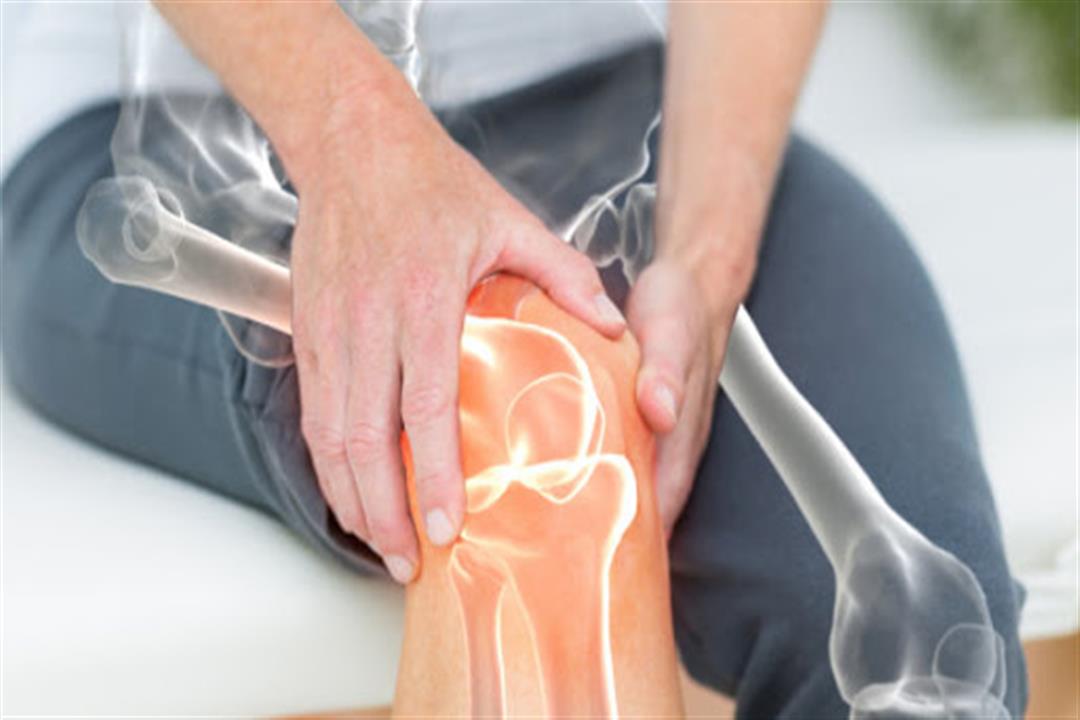
How do I know if I have osteoporosis?
There are some signs that may indicate the presence of the problem, and they need to be verified by specialist doctors. Here are some common symptoms of osteoporosis:
- Pain and swelling: Pain and swelling can be an early sign of osteoporosis, and you may experience persistent pain in the joints and bones, which may worsen with daily activities.
- Fragile fractures: You may notice that you are experiencing bone fractures more easily than usual, even from minor injuries or accidents.
- Decreased height: If you notice a gradual decrease in your height over the years, it may be a sign of osteoporosis.
- Weak bones: You may feel that your bones have become weaker and less strong than they used to be, which can make it difficult to perform daily activities efficiently.
- Poor posture: You may find it challenging to maintain good body posture, leading to pain in the spine and back.
If you are experiencing any of the symptoms mentioned above, it is important to consult a doctor for an assessment and accurate diagnosis. The doctor will perform tests and examinations to measure your bone density and determine the extent of the condition.
Potential Risks of Bone Density Scans
Bone density scans use X-rays as a diagnostic tool to determine bone density and identify skeletal problems. Here are some potential risks associated with bone density scans:
- Skin Rash: Some patients may experience a mild skin rash after undergoing a bone density scan, and this rash is usually temporary and will subside over time.
- Itchiness: Patients may feel itchiness on the skin after the bone density scan, which can be annoying and uncomfortable for some individuals.
- Nausea: In rare cases, patients may experience nausea following a bone density scan. If the nausea persists or worsens, you should contact your doctor.
- Dizziness: Some patients may feel dizzy after the bone density scan, which can be attributed to the exposure to the radiation. If you have a cold or other illness before the scan, you may be more prone to experiencing dizziness during the procedure.
- Metallic Taste: Patients may notice a metallic or bitter taste in their mouth after the bone density scan, although this symptom is usually temporary.
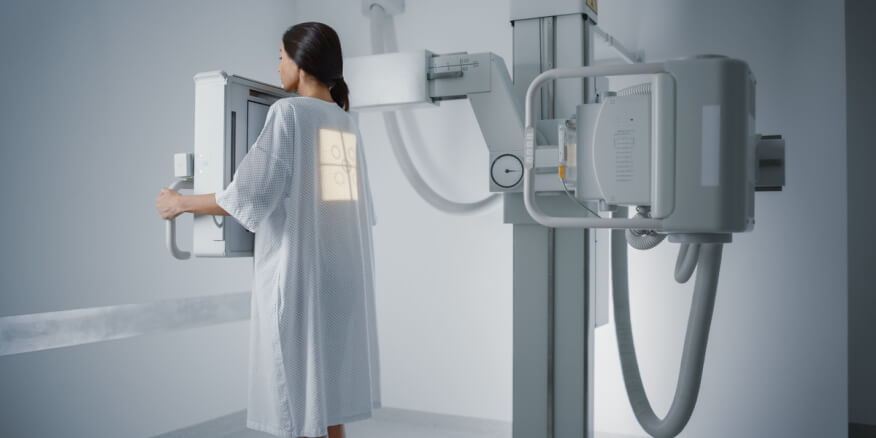
Ultrasound Bone Densitometry Device
The ultrasound bone densitometry device is a modern and important tool in the medical field. With the advancement of technology, doctors and specialists can now diagnose and monitor osteoporosis cases more accurately and quickly.
The portable model YJ-UBD1A is one of the best options available in the medical device market. It can be used in all types of healthcare and medical institutions. This device is user-friendly and provides quick and accurate readings of bone density.
The ultrasound bone densitometry device can be used to diagnose osteoporosis in the elderly and assess bone growth in adolescents. It is also a powerful tool for the early detection of diseases related to bone density, which helps doctors make appropriate treatment decisions.
Discover how Dr. Amr Amal‘s bone density measurement in Egypt can transform your life and boost your confidence.
Best Osteoporosis Doctor in Egypt
Dr. Amr Amal holds a doctorate in medicine from Ain Shams University Faculty of Medicine, where he graduated with honors. He worked as a deputy in Ain Shams University hospitals for three years and as an assistant lecturer for five years in the same hospitals.
Dr. Amr Amal specializes in orthopedic and joint surgeries, and he currently works as a lecturer at Ain Shams University, where he provides effective treatment for osteoporosis patients using the latest techniques and advanced technology.
Dr. Amr Amal’s clinic is the ideal place for patients suffering from osteoporosis, as he has extensive experience and expertise in diagnosing and treating this common disease. He also provides comprehensive and specialized medical consultations in the field of bones, fractures, hip joint, and knee and shoulder injuries.
Thanks to his skills and high efficiency, Dr. Amr Amal is one of the best options for osteoporosis treatment in Egypt. He provides the best medical services and ensures a comprehensive and unique treatment to alleviate pain and improve the quality of life for patients with osteoporosis.

